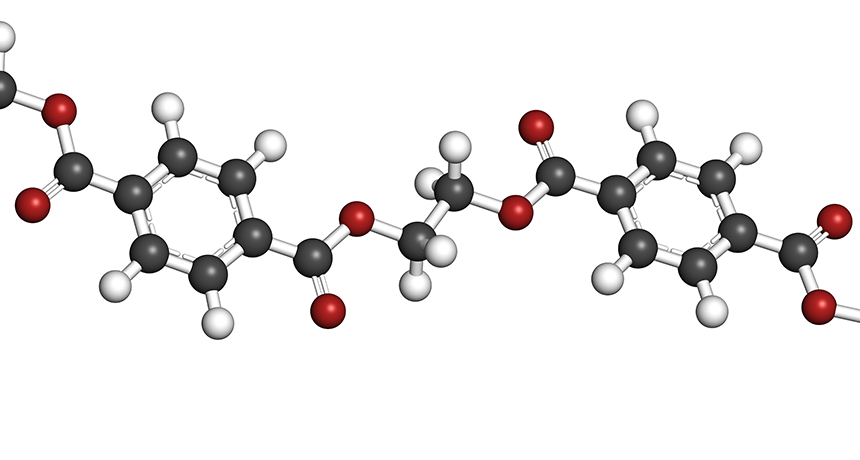Exploring the Varied Applications and Advantages of Polymers in Different Industries
Polymers, with their diverse array of properties and capabilities, have become crucial in different industries, each gaining special benefits from their application. From boosting safety and efficiency in the automobile sector to changing clinical tools in the health care industry, polymers play an essential role.
Automotive Field Applications
Polymers play an essential function in enhancing the performance and resilience of different parts within the automobile market. One noticeable usage of polymers in the automobile market is in the manufacturing of light-weight parts.

Medical Care Industry Advantages
In various healthcare applications, the advantages of using polymers are commonly acknowledged for their diverse variety of valuable residential properties. Polymers play an essential role in the healthcare industry due to their flexibility, biocompatibility, and cost-effectiveness. One of the primary advantages of polymers in healthcare is their ability to be customized to specific needs, such as adaptability, resilience, and biodegradability, making them perfect for a large range of clinical applications.
Polymer-based materials are extensively used in clinical gadgets, such as catheters, implants, prosthetics, and medicine distribution systems, because of their biocompatibility and capacity to imitate natural tissues. These products can minimize the danger of allergies or denials, improving client safety and end results. Furthermore, polymers are lightweight, making them suitable for wearable clinical gadgets and making sure client convenience.
Moreover, polymers make it possible for the advancement of ingenious therapy techniques, such as hydrogels for tissue engineering and nanocomposites for targeted medication shipment. Their simplicity of processing and sterilization makes them crucial for maintaining high criteria of hygiene in healthcare settings. On the whole, the diverse benefits of polymers add considerably to innovations in medical innovation and individual treatment.
Environmental Benefits of Polymers

Additionally, polymers can add to power financial savings as a result of their lightweight nature. In industries such as transportation, lightweight polymer materials can help in reducing fuel usage and greenhouse gas discharges. Additionally, polymers can enable the growth of energy-efficient products such as insulation products that improve power preservation in structures.
Moreover, polymers play a vital function in you can try these out reducing water contamination. For instance, the use of polymer-based purification systems can properly get rid of toxins and pollutants from wastewater, protecting water resources and environments. Generally, the ecological link advantages of polymers make them important properties in advertising sustainability and green methods across numerous sectors.
Polymers in Electronic Devices and Technology
Considering the increasing need for ingenious and sustainable solutions in modern-day markets, the combination of advanced polymer modern technologies in the world of electronics and modern technology has actually become a critical strategy for driving performance and efficiency. Polymers have actually reinvented the electronics industry by enabling the manufacturing of lighter, much more flexible, and durable digital devices. From smart devices to medical tools, polymers play a critical function in boosting product style and functionality.
One substantial advantage of polymers in electronic devices is their insulating homes, which help shield delicate digital components from ecological elements and electric interference. Additionally, polymers are necessary in the growth of versatile display screens, wearable innovation, and printed electronic devices, supplying limitless opportunities for producing clever and interconnected gadgets.
In addition, using polymers in digital packaging has caused developments in miniaturization and thermal monitoring, boosting the overall performance and dependability of digital systems. As modern technology proceeds to evolve, the adaptability and flexibility of polymers will certainly drive additionally technology in the electronics industry, shaping the future of technology.
Role of Polymers in Building and Facilities
Polymers supply countless advantages in the construction sector due to their adaptability, sturdiness, and cost-effectiveness. One essential duty of polymers in building and construction is their use in coatings and sealers, supplying security versus ecological elements such as moisture, UV radiation, and rust.
Furthermore, polymers play an essential Recommended Reading duty in sustainable construction practices by making it possible for the advancement of energy-efficient frameworks. Protecting products made from polymers assist regulate interior temperatures, lowering the requirement for home heating and cooling systems and inevitably reducing power consumption. The use of polymer-based compounds in infrastructure tasks such as bridges and roads improves their longevity and lowers maintenance expenses. In general, the incorporation of polymers in building and infrastructure displays their considerable influence on modern-day design practices.
Verdict
In conclusion, polymers play a vital duty in numerous sectors such as automotive, healthcare, environmental, electronic devices, and building. Their functional homes make them useful in developing cutting-edge options and items. From enhancing fuel effectiveness in cars to improving medical devices, polymers offer numerous benefits. In addition, their influence on lowering waste and advertising sustainability highlights their value in contemporary applications. The widespread use of polymers demonstrates their substantial payment to advancing technology and improving top quality of life.